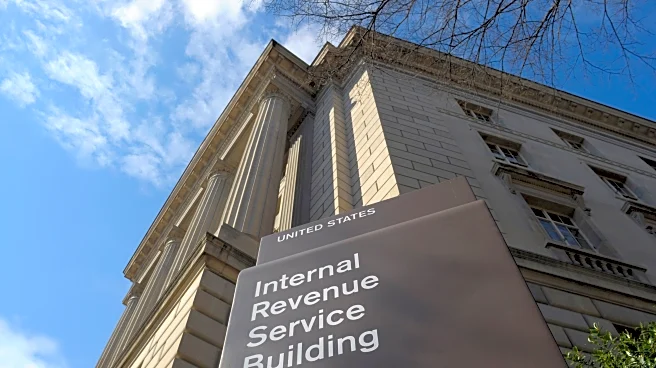What's Happening?
The U.S. government is facing a potential shutdown, which could have significant economic implications. The Labor Department has announced it will shut down most activities, including the Bureau of Labor Statistics, which releases key economic reports. This could lead to delays and reduced quality in economic data. Historically, government shutdowns have had minimal economic impact, but this time could be different due to President Trump's threat to make federal furloughs permanent. This could affect the employment landscape and create uncertainty in the economy.
Why It's Important?
The potential government shutdown could disrupt the release of important economic data, affecting the Federal Reserve's ability to make informed policy decisions. The delay in the consumer price index inflation reading could impact cost-of-living adjustments for Social Security recipients. The shutdown could also have broader implications for the economy, as markets and growth may be affected. The situation highlights the importance of resolving the budget impasse to prevent long-term economic consequences.
What's Next?
If the shutdown occurs, the Federal Reserve may need to rely on private data for policy decisions, which could affect interest rate decisions and monetary policy. The government will need to address the budget impasse to prevent prolonged economic uncertainty. Stakeholders, including businesses and policymakers, will be closely monitoring the situation to assess the impact on the economy and markets.











